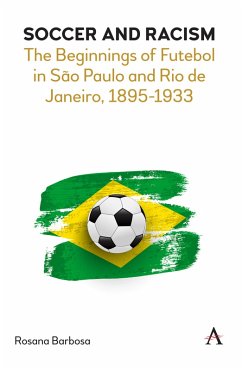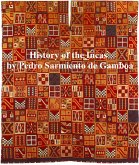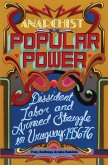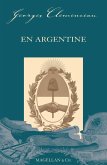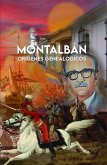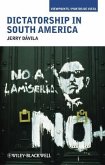The book looks at the turn of the century, when organized soccer began to be played in a systematic way by the European community of Rio and São Paulo, mostly by the British. It shows that the new sport was embraced by these people as a way to celebrate their culture, and to imitate the activities of the elite schools in Britain that became quite popular throughout Europe. Young Brazilians from the elite also embraced the sport as a way of sharing a popular European sport that was identified with what was respected as a white/upper class activity. In this way making a distinction from the lower and darker populations. Making this distinction was important in this moment of post-emancipation, affirming the superiority of the upper/white class. It was also important for the European residents of Brazil in order to distinguish themselves from Brazilians (colonial mentality). Football was one aspect of the modernity that these two cities were craving to achieve.
The book highlights the impact of European-based racial assumptions on the development of professional soccer. It provides a broad discussion on how the official discourse after 1930 was one of conciliation, claiming that Brazil was not European, but unique due to its racial mixing. This idea began to be promoted by artists and intellectuals as an attempt to Brazilianize the country, but it was soon embraced by politicians with the leadership of President Getulio Vargas in an attempt to create a unified national identity. In this context, futebol was also unique in relation to European football because of its mulatoism. Although this new attitude would influence social and racial barriers within football to fall, racism did not end, nor did Brazil become a racial democracy - as it has been claimed by many.
The book highlights the impact of European-based racial assumptions on the development of professional soccer. It provides a broad discussion on how the official discourse after 1930 was one of conciliation, claiming that Brazil was not European, but unique due to its racial mixing. This idea began to be promoted by artists and intellectuals as an attempt to Brazilianize the country, but it was soon embraced by politicians with the leadership of President Getulio Vargas in an attempt to create a unified national identity. In this context, futebol was also unique in relation to European football because of its mulatoism. Although this new attitude would influence social and racial barriers within football to fall, racism did not end, nor did Brazil become a racial democracy - as it has been claimed by many.
Dieser Download kann aus rechtlichen Gründen nur mit Rechnungsadresse in A, D ausgeliefert werden.

